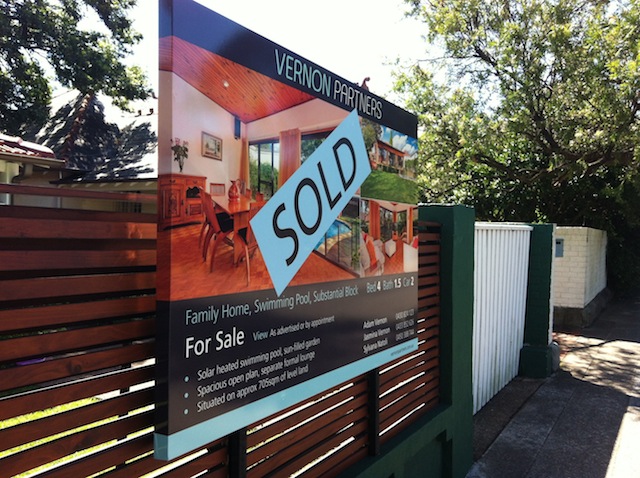While I’ve been using CNet’s story on Kansas City’s startup community to compare Google’s Fiber project with the Australian National Broadband Network, the US article touches on something far more fundamental about Australia’s ability to build new businesses and industries.
The fundamental problem is property prices.
In Kansas City, local entrepreneurs wanting to set up a startup house can afford to take a chance.
The house is the pet project of Web designer and Kansas City local Ben Barreth, who did the insane last fall and cashed in his savings and liquidated his retirement account to put a down payment on a $48,000 house in the city’s Startup Village. Why? Barreth, a husband and father of two small children, wanted to be among the first to buy a house in a Google Fiber neighborhood.
$48,000 for a house is unthinkable in Australia. Even if we disregard Sydney and Melbourne, regional centres are vastly more expensive than their US counterparts. Geelong in Victoria for instance has an average house value of $390,000 while in Wagga Wagga in the New South Wales Riverina district houses sell for a median of over $300,000.
This pattern is true across almost all of populated Australia – it is very, very difficult to find a property under $250,000 and there are few, if any, regions in the country where a house can be bought for less than five times the average local income.
Expensive property comes at a price, it discourages people from starting businesses as the risk of being left out of the property market is so high. Leith van Onselen, co-founder of the Macrobusiness blog, made a very good point about this effect on his decision to set up a business.
Indeed, the main reason why I took the risk of leaving Goldman Sachs to concentrate on MacroBusiness full-time (a start-up business) is that I had all but paid-off my house and was in the fortunate position not to be saddled with onerous mortgage repayments. Had I a large mortgage, like many Australians, there is no way that I would have left a high paying, relatively steady job, to work on a business where pay is much lower and irregular, and where the outcome is unknown.
Leith was commenting on an article in the Sydney Morning Herald reporting the risks to Australian business should property prices fall. In this respect, Australia has managed to paint itself into an economic corner.
The Sydney Morning Herald article illustrates Australia’s predicament – Michael Pascoe (the ‘Pascometer’) reported how Reserve Bank bureaucrat Chris Aylmer had warned of the dangers of falling property prices.
With most Australian businesses dependent on bank finance guaranteed by their proprietor’s home equity, falling property prices would see a nasty economic spiral as lines of credit were called in, forcing companies to slash expenses, including wages, which in turn would drive further real estate falls.
Property also makes up the bulk of Australians’ retirement savings, so a fall in property prices would smash consumer confidence.
It’s no surprise that in the face of a recession or economic shock the first thing Australian governments do is prop up the property market.
Another damaging effect of high property prices is that it turns the country conservative. This graph from Business Spectator’s Philip Soos does much to explain why Australians turned insular in the late 1990s.

Having a population locked into paying their mortgages guarantees a conservative, risk adverse culture and that’s exactly what Australia has achieved over the last fifteen years – much of the opening up from the 1970s through to 1990s has been undone as the country looks inward at protecting its housing prices and bank repayments.
That safe, insular society has its attractions. However if you want to build an entrepreneurial culture, it’s safe to say you can’t get there from here.
While it’s not impossible to build a startup nation in a society addicted to property speculation, it won’t be easy either.

Leave a Reply